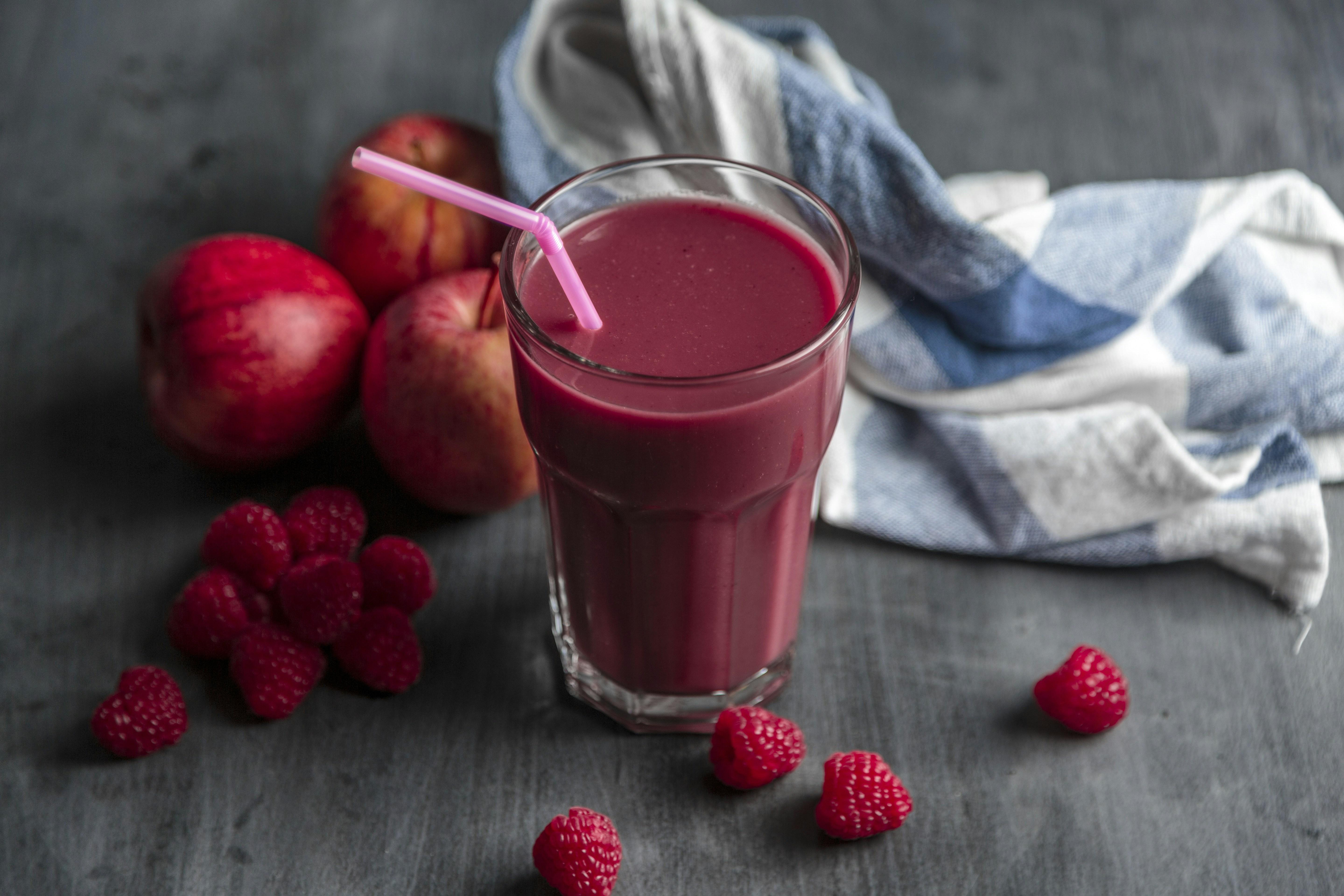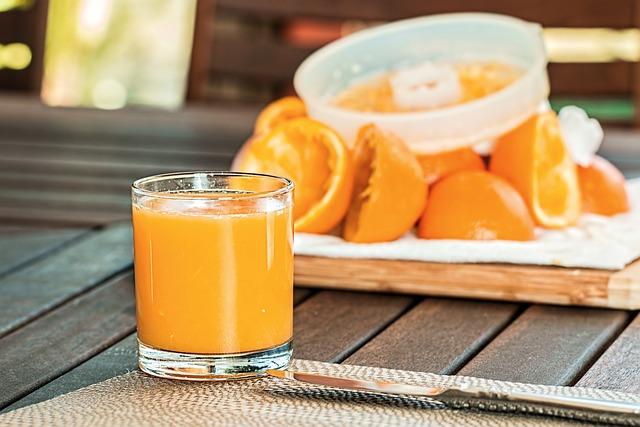In the vibrant world of health and wellness, few debates are as juicy as the one surrounding fruit juice. Is it a nourishing elixir packed with vitamins, or a sugary concoction best left untouched? With colorful bottles lining supermarket shelves and fresh-squeezed options tempting us at every turn, the question looms: should you indulge in a glass of nature’s sweetness, or steer clear to dodge the sugar rush? Join us as we peel back the layers of this fruity conundrum, exploring the nutritional landscape and uncovering whether fruit juice deserves a place in your daily diet.
Balancing the Benefits and Risks of Fruit Juice Consumption
Fruit juice often finds itself at the center of a nutritional debate. On one hand, it is packed with essential vitamins and antioxidants that can boost your immune system and improve overall health. Vitamin C, potassium, and various phytochemicals are just a few of the beneficial components that fruit juices offer. These nutrients can contribute to maintaining healthy skin, supporting heart health, and even reducing inflammation.
However, the flip side of the coin is the high sugar content, which can lead to unwanted spikes in blood sugar levels. This is particularly concerning for those managing diabetes or looking to control their weight. Consider the following when incorporating fruit juice into your diet:
- Moderation is key: Limit intake to one small glass per day.
- Choose 100% juice: Avoid drinks with added sugars or artificial ingredients.
- Pair with fiber-rich foods: Balance the sugar intake by consuming juice with whole grains or nuts.
- Consider dilution: Mix with water to reduce sugar concentration.

Understanding the Sugar Content in Your Favorite Juices
When it comes to enjoying a refreshing glass of fruit juice, understanding its sugar content can be a game-changer for your dietary choices. Many popular juices, despite being marketed as healthy, can contain surprisingly high levels of sugar. Here’s a quick look at some common favorites:
- Orange Juice: Packed with Vitamin C, but a single cup can contain up to 21 grams of sugar.
- Apple Juice: Often a go-to for its sweetness, with around 24 grams of sugar per cup.
- Grape Juice: Known for its rich flavor, yet it can have over 36 grams of sugar per cup.
While fruit juices can provide essential nutrients and a natural energy boost, it’s crucial to consume them mindfully. Opting for freshly squeezed versions or those with no added sugars can help reduce your intake. Remember, moderation is key, and understanding labels can empower you to make healthier choices.

Healthier Alternatives: Making Smarter Juice Choices
When considering fruit juice as part of your diet, it’s essential to explore options that maintain flavor without excessive sugar. Opt for freshly squeezed juices or those labeled as 100% fruit juice to ensure you’re consuming the natural sugars found in the fruit itself. These choices provide vitamins and antioxidants without the added sugars found in many commercial options.
- Water it down: Dilute your juice with water to reduce sugar intake while still enjoying the taste.
- Go for veggie blends: Incorporate vegetables like spinach or kale for a nutrient boost with less sugar.
- Try fruit-infused water: Infuse water with slices of your favorite fruits for a refreshing, low-sugar alternative.
By making these smarter choices, you can enjoy the benefits of fruit juice while keeping your sugar consumption in check.

Expert Recommendations: When to Sip and When to Skip
Nutritionists and dietitians often provide guidance on how to navigate the world of fruit juices. Here are some expert recommendations to consider:
- Sip: Choose 100% fruit juice without added sugars for a nutrient boost. It’s a convenient way to incorporate vitamins like vitamin C and potassium into your diet.
- Skip: Avoid fruit juices with added sugars or artificial sweeteners. These can contribute to excess calorie intake and may impact blood sugar levels.
- Sip: Enjoy fresh-squeezed juice in moderation. Pair it with a meal to help balance sugar absorption and take advantage of the fiber in whole fruits.
- Skip: Pass on juice as a substitute for whole fruits. Whole fruits provide essential fiber, which is often lost in the juicing process.
By making informed choices, you can enjoy fruit juice as part of a balanced diet while keeping an eye on sugar intake.





